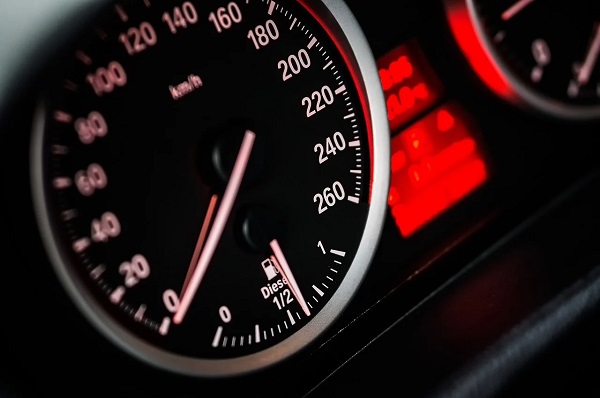
Johnson Matthey (JM) has announced its plans to construct a £80m gigafactory at its current site in Royston, UK, to manufacture hydrogen fuel cell components.
This plan is part of the company’s refreshed strategy to be a ‘market leader in performance components for fuel cells and electrolysers’.

Discover B2B Marketing That Performs
Combine business intelligence and editorial excellence to reach engaged professionals across 36 leading media platforms.
The company is targeting over £200m sales in hydrogen technologies by end of 2024/25.
Initially, the gigafactory will have an annual manufacturing capacity of 3GW of proton exchange membrane (PEM) fuel cell components for hydrogen vehicles.
This facility is being supported by the UK Government through the Automotive Transformation Fund (ATF), as well as the Advanced Propulsion Centre (APC).
As per the APC estimates, the country will annually need 14GW of fuel cell stack production and 400,000 high-pressure carbon fibre tanks to meet the local vehicle production demands by 2035.

US Tariffs are shifting - will you react or anticipate?
Don’t let policy changes catch you off guard. Stay proactive with real-time data and expert analysis.
By GlobalDataThe market, however, estimates that there could be three million fuel cell electric vehicles (FCEVs) globally by the end of this decade.
The facility is anticipated to become operational by H1 2024.
It will employ ‘state-of-the-art’ manufacturing processes to increase production of fuel cell components to meet customer demand,
The gigafactory’s potential capacity can be increased by triple in the future by leveraging the decommissioned Clean Air production facility to manufacture both fuel cell and green hydrogen components.
Johnson Matthey chief executive Liam Condon said: “Decarbonising freight transportation is critical to help societies and industries meet their ambitious net zero emission targets – fuel cells will be a crucial part of the energy transition. For more than two decades, JM has been at the forefront of fuel cell innovation.
“The fuel cell market has now reached a pivotal moment with the increasing urgency to decarbonise transportation and today marks the next step of the journey to a low-carbon future in the UK. We’re delighted to be playing a key role in driving it forward.”
—————————————————————————————————————–
Image: UK is estimated to annually require 14GW of fuel cell stack production and 400,000 high-pressure carbon fibre tanks to meet local vehicle production demands. Credit: Arek Socha from Pixabay





